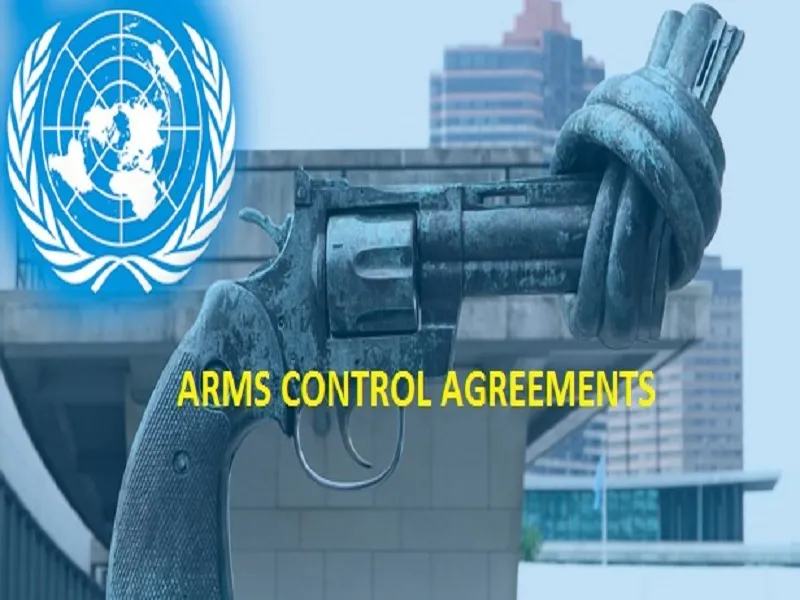
[Andrew Korybko] What Message Did Russia Send By Completing Its Planned Withdrawal From The CFE Treaty?
Keep up to Date & Bypass the Big Tech Censorship
Get uncensored news and updates, subscribe to our daily FREE newsletter!
Russia has the political will to do what’s needed for ensuring its national security interests without having to depend on the discredited goodwill of its Western rivals who can no longer be trusted.
Russia completed its planned withdrawal from the Treaty on Conventional Armed Forces in Europe (CFE) six months after announcing its intent in early May, which the US, Poland, and Germany were responsible for as explained in this analysis here at the time. NATO then suspended its participation in that pact, after which Russia ruled out any new arms control deals with the bloc after blaming the US for failing to express any sincere interest in negotiating such in good faith over the years.
The message being sent by this move, which was preceded by Russia revoking ratification of the Comprehensive Nuclear-Test-Ban Treaty (CTBT) last week in order to establish legal parity with the US, is that Moscow no longer trusts the West enough to enter into strategic deals with it. National interests in these security domains will now be ensured through cutting-edge military-technical developments such as hypersonic weaponry that force this bloc to recognize the balance of power and negotiate accordingly.
| Recommended Books [ see all ] | ||||
|---|---|---|---|---|
 |  |  |  |
 |
This insight directly leads to those latest reports suggesting the existence of secret US-Russian talks over Ukraine, the subject of which concerns strategic security but in a different way than the CFE, CTBT, or the New Start Treaty that Russia stopping participating in shortly after the start of the year. Those three are arms control pacts regulating what each side can wield against the other, where exactly, and in which quantities, while the aforesaid conflict is a US proxy war against Russia waged by hybrid means.
The latter’s inevitable end and the consequent state of military-strategic affairs between those two nuclear superpowers could then set the basis upon which they might consider resuming arms control talks for pragmatism’s sake to retain the newfound balance between them if the political will is present. It obviously can’t be taken for granted that the US would have any such interest in doing so, but at the same time, its latest talks with China on this subject mean that it can’t be ruled out either.
The best-case scenario is that the US’ proxy war on Russia through Ukraine freezes by sometime next year, after which the US signals its sincere interest in recommencing talks with Russia over the New START Treaty prior to its expiry in February 2026, thus giving both enough time to negotiate a new one. In parallel, the US could advance its latest talks with China and ultimately try to reach a trilateral strategic arms pact with Russia or at least seriously suggest something of the sort as a goal by 2030.
In reality, however, the abovementioned best-case scenario probably won’t come to pass. It’s more likely that the proxy war will freeze, but without the resumption of US-Russian arms control talks, whether over the New START Treaty, CFE, CTBT, the Intermediate-Range Nuclear Forces (INF) Treaty that the US withdrew from in 2019, or the Open Skies one that the US then Russia withdrew from in 2020-2021. Due to the US’ disinterest in restoring arms control pacts, the global systemic transition will remain chaotic.
Russia is prepared to defend itself in that probable scenario as evidenced by the completion of its planned withdrawal from the CFE Treaty and the recent decision to revoke its ratification of the CTBT. These moves prove that Moscow has the political will to do what’s needed without having to depend on the discredited goodwill of its Western rivals who can no longer be trusted. It would of course be best if arms control regimes returned, but Russia won’t beg for this, and it can ensure its security without them.


